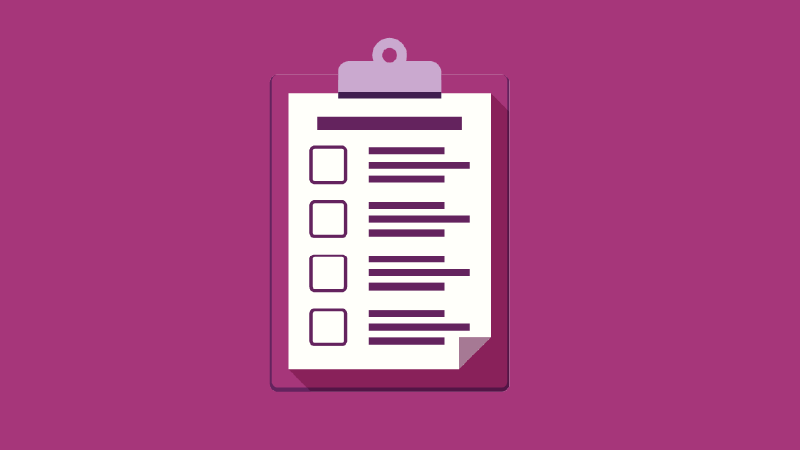Create and choose engaging, relevant lessons, tailored to your pupils’ needs
New! Lesson plan checklist
With a seemingly endless choice of PSHE education/RSHE lesson plans now available, it can be difficult to know where to start when it comes to choosing teaching materials.
To ensure you are using safe and effective lesson plans, we recommend using those written or quality assured by the PSHE Association (learn what makes our lesson plans different). However, not all PSHE teaching materials are submitted to us for quality assurance. So, if you are considering using lesson plans that are not listed on our website, our handy checklist will help you to gauge whether they are safe, effective and appropriate for your pupils — in line with the updated 2025/26 statutory RSHE guidance.
Lesson planning tool
If you, or your team, are planning your own PSHE lessons, our guide gives you a series of steps to follow, with learning objectives and intended learning outcomes as your starting point. Following our steps helps to make sure your programme is progressive, sequenced and coherent. It also makes sure appropriate assessment is integral and not an afterthought.

Create a free account to:
- Access free PSHE Association resources and guidance
- Get regular updates on the latest PSHE education news and views, directly to your inbox




